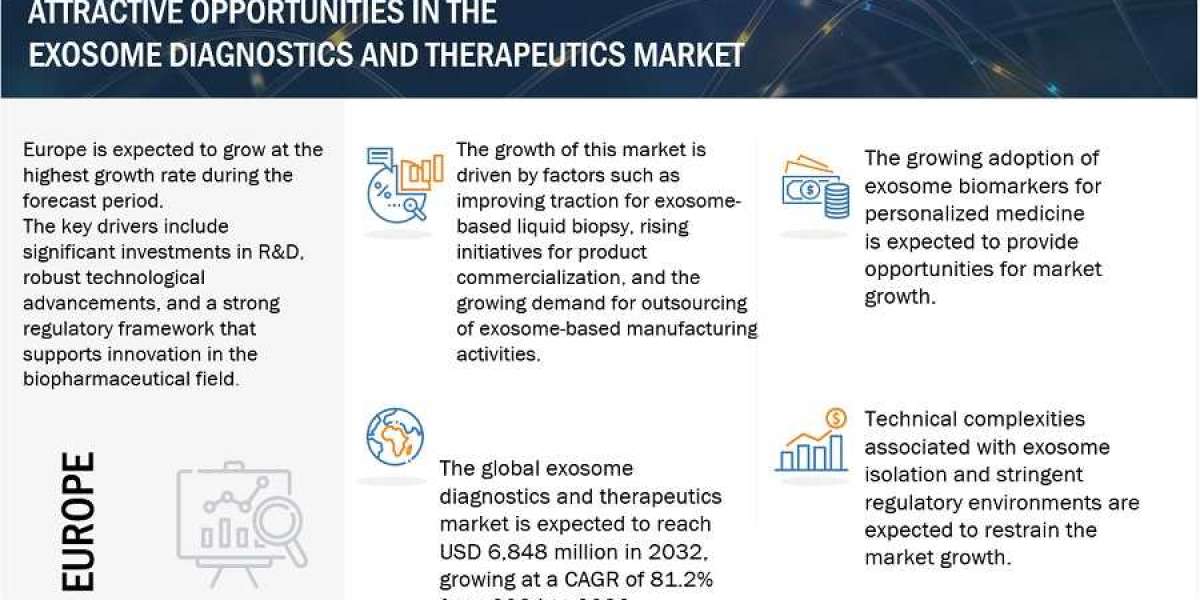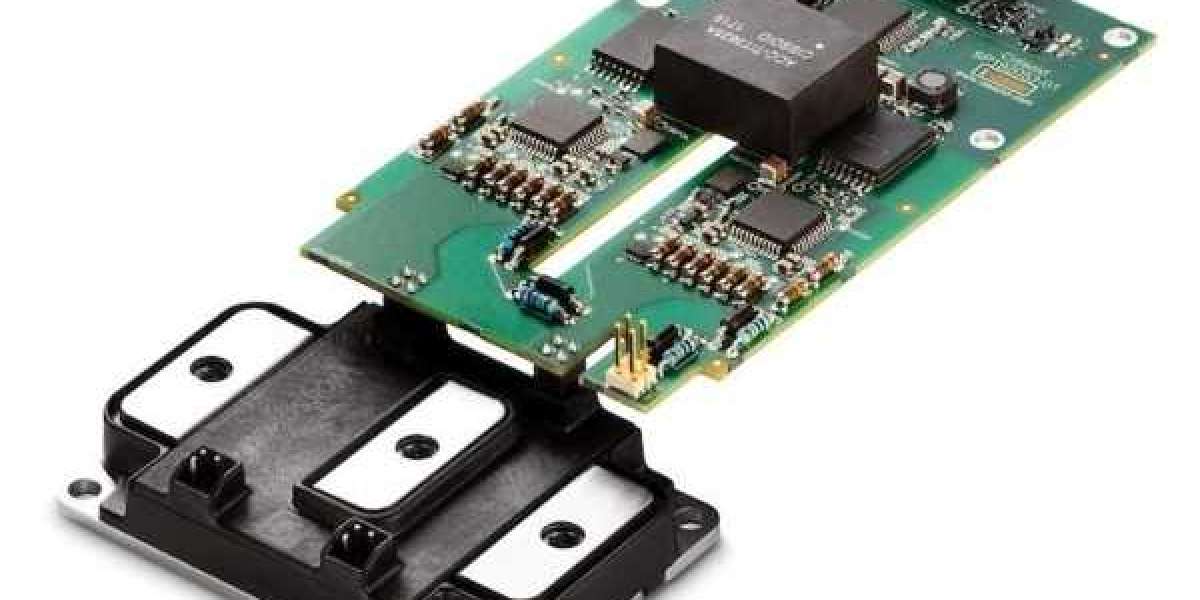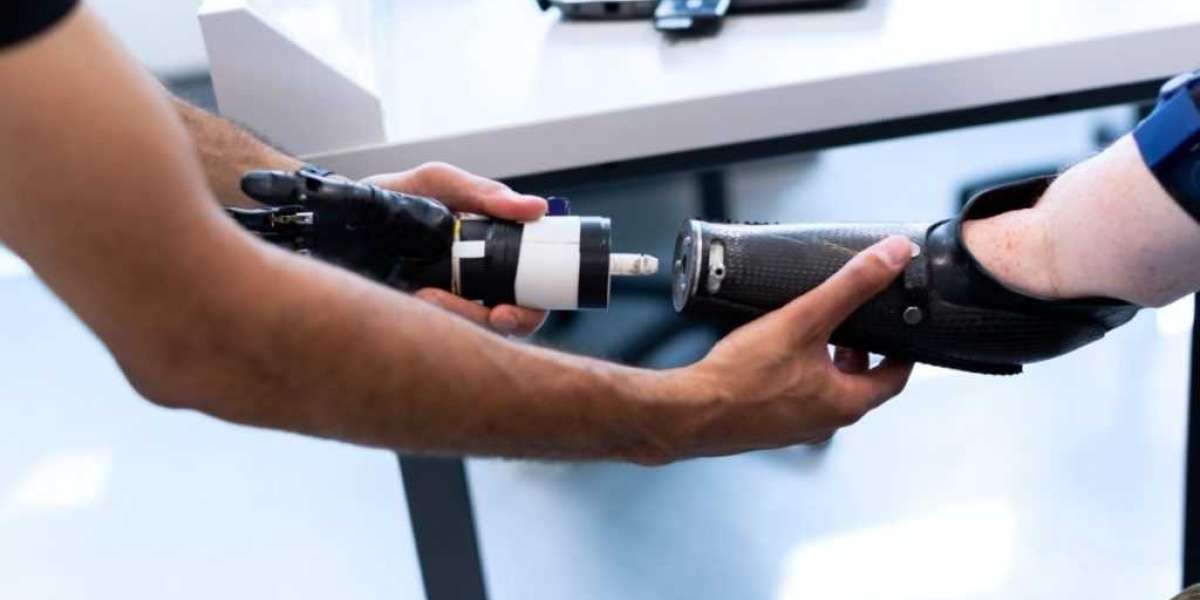The size of global exosome diagnostics and therapeutics market is projected to grow from USD 59 million in 2024 to USD 2,347 million by 2029 at a CAGR of 108.9%. However, the candidates for exosome-based therapeutics are expected to be launched in the market from 2029 onwards. Thus, exosome diagnostics and therapeutics market in terms of revenue was estimated to be worth $59 million in 2024 and is poised to reach $6,848 million by 2032, growing at a CAGR of 81.2% from 2024 to 2032. The comprehensive research encompasses an exhaustive examination of industry trends, meticulous pricing analysis, patent scrutiny, insights derived from conferences and webinars, identification of key stakeholders, and a nuanced understanding of market purchasing dynamics.
The growth of this market is driven by factors such as the increasing collaborations commercialization initiatives, emerging potential of exosome-based liquid biopsy, and growing outsourcing of exosome manufacturing activities. However, inadequate protocols for exosome development production may pose a challenge to the market growth.
Download the PDF Brochure at https://www.marketsandmarkets.com/pdfdownloadNew.asp?id=198025144
The global exosome diagnostics and therapeutics market is monopolized, with commercial products approved only in the diagnostics market space. This has created a monopoly in the market, with Bio-Techne (US) being the only player currently offering commercial exosome-based tests. The ExoDx prostate cancer test is a key product offered by Bio-Techne. Companies mapped in the report include NanoFCM Inc. (UK), System Biosciences, LLC. (US), Capital Biosciences, Inc. (US), AMSBIO (UK), INOVIQ (Australia), Direct Biologics LLC (US), Regeneus Ltd (Australia), CUREXSYS (Germany), Aegle Therapeutics (US), Mercy Bioanalytics (US), multimmune GmbH (Germany), RION (US), Exogenus Therapeutics (Portugal), Everzom (France), Kimera Labs (US), NanoSomiX, Inc. (US), Exonox Biosciences, Inc. (Taiwan), Capricor Therapeutics, Inc. (US), Evox Therapeutics (US), and ILIAS Biologics Inc. (Korea).
DRIVER: Increasing initiatives for product commercialization
Despite the robust product development initiatives by market players, commercialization of both exosome-based diagnostics and therapeutics is slow-paced. This has led to a spike in strategic collaborations to expedite commercial market opportunities. Companies operating in the exosome diagnostics market aim to capitalize on the growing opportunities in this dynamic industry and overcome the challenges associated with developing commercializing exosome-based diagnostic technologies. In comparison, companies operating in therapeutics collaborate to leverage proprietary advanced exosome technologies, including exosome isolation, characterization, and analysis, to ensure the rapid launch of therapeutic candidates in the market. In March 2024, BIONET (China), a prominent player in Taiwan’s regenerative medicine sector, collaborated with UNIVERCELLS TECHNOLOGIES (Belgium) to integrate the latter’s scale-X fixed-bed bioreactor. By leveraging the scale-X hydro system, BIONET aims to optimize the production of extracellular vesicles (including exosomes) generated by MSCs for therapeutic applications. This development signifies a potential advancement in the large-scale manufacturing of standardized exosome-based therapies.
RESTRAINT: Technical complexities associated with exosome isolation
The complexities associated with isolating and characterizing exosomes, along with existing technological limitations, are significant impediments to the progress of exosome research. These challenges hinder the development of robust methodologies and impact the overall advancement of the field. The complications involved in working with exosomes, which are small extracellular vesicles, pose difficulties in their isolation and thorough characterization. Technological limitations further exacerbate these challenges, preventing achieving precise and consistent results.
OPPORTUNITY: Growing adoption of exosome biomarkers for personalized medicine
Over the years, the popularity of personalized medicine has increased due to limitations of standard diagnosis and treatment. Different fields of medicine, from cancer to psychiatry, are heading towards tailored treatments for each patient based on their biological clinical characteristics. In 2022, the FDA approved 12 personalized medicines, representing approximately 34% of all newly approved therapeutic molecular entities. Also, five new gene or cell-based therapies were approved. Additionally, in 2022, the FDA expanded the indications for several personalized therapies, showing increased research in personalized medicines backed by increased investments, supporting the growth opportunities of the exosome research space.
CHALLENGE: Inadequate protocols for exosome development production
The exosome field is still nascent, and no gold standards have been developed. The diversity of exosome isolation techniques, including ultracentrifugation, precipitation, and chromatography, lacks a universally agreed-upon methodology, resulting in variations in purity, yield, and contamination levels. Standardizing parameters for exosome characterization, such as size distribution, surface markers, and cargo content, is complicated by the inherent heterogeneity within exosome populations. The prevalent method, differential centrifugation, often relies on factors such as sample viscosity, resulting in inconsistent exosome capture. Alternative approaches, including size-exclusion chromatography and immunoaffinity capture, though presenting certain benefits, encounter limitations in accuracy and specificity.
Direct Purchase at https://www.marketsandmarkets.com/Purchase/purchase_reportNew.asp?id=198025144
The North America exosome diagnostics and therapeutics market is expected to dominate the exosome diagnostics and therapeutics industry.
The global exosome diagnostics and therapeutics market is segmented into four major regions, namely, North America, Europe, the Asia Pacific, and the Rest of the World. In 2023, North America (US and Canada) dominated the market being a sole a revenue contributor of revenue in 2023. The large share of North America is attributed to the product approval of the only commercial exosome-based test for prostate cancer offered by Bio-Techne (US). Other factors that support the growth of the market include significant investments in RD for the development of exosome diagnostics and therapeutics, a favorable environment for market players, and a strong regulatory framework.



